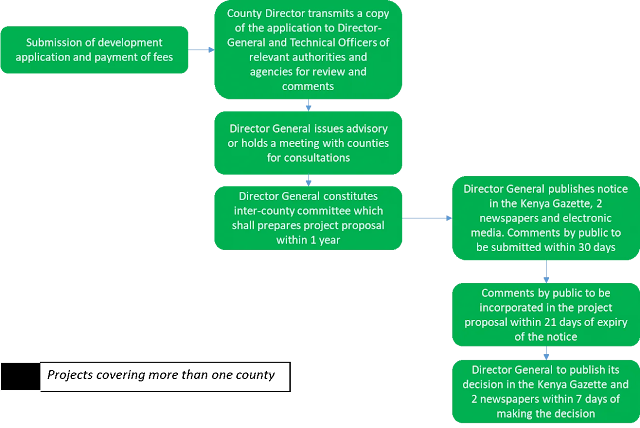Navigating Real Estate Laws and Regulations in Kenya
Welcome to our blog, where we delve into the intricacies of real estate laws and regulations in Kenya. Whether you're a property owner, investor, or aspiring homeowner, understanding the legal framework governing real estate is crucial to ensure a smooth and secure transaction. In this article, we will provide an overview of key laws and regulations that shape the real estate landscape in Kenya.
The Constitution and Land Laws
Kenya's Constitution of 2010 establishes the legal foundation for land and property ownership. It recognizes various forms of land tenure, including public, private, community, and trust land. Additionally, the Constitution safeguards individual and communal rights to land, providing a basis for resolving land disputes and promoting equitable land access.
The Land Registration Act
The Land Registration Act governs the process of registering land in Kenya. It establishes the procedures for the acquisition, ownership, and transfer of land. Under this law, land registration is mandatory, and it offers protection by creating a public record of land rights. The Act introduced a digitized land registration system known as the Land Information Management System (LIMS), enhancing efficiency and transparency in land transactions.
The Physical Planning Act
The Physical Planning Act regulates land use planning and development control in Kenya. It provides guidelines for zoning, subdivision, and building approvals. This legislation ensures that development projects comply with the required standards, safeguarding the environment, and promoting sustainable urban growth.
The Landlord and Tenant Act
The Landlord and Tenant Act provides a legal framework for the relationship between landlords and tenants. It establishes the rights and obligations of both parties, including rent payment, repairs and maintenance, eviction procedures, and lease agreements. Familiarizing yourself with this law will help ensure a fair and harmonious landlord-tenant relationship.
The Environmental Management and Coordination Act
The Environmental Management and Coordination Act addresses environmental protection and conservation. It sets out regulations for environmental impact assessments, waste management, pollution control, and sustainable development practices. Compliance with this law is essential for developers and property owners to mitigate potential environmental risks.
The Finance Act
The Finance Act influences real estate through its provisions on taxation. It governs aspects such as stamp duty, capital gains tax, rental income tax, and value-added tax (VAT) on real estate transactions. Understanding the tax implications is crucial when buying, selling, or investing in property to ensure compliance with the law and avoid unnecessary financial burdens.
Navigating the realm of real estate laws and regulations in Kenya is essential for anyone involved in property transactions. This overview has highlighted key legislation that underpins the legal framework for land and property ownership, registration, development, and tenancy. However, it's important to note that this article provides a general understanding and should not substitute legal advice. Seeking professional assistance from qualified lawyers or real estate experts is highly recommended to ensure compliance and protect your interests in the dynamic world of real estate in Kenya.









